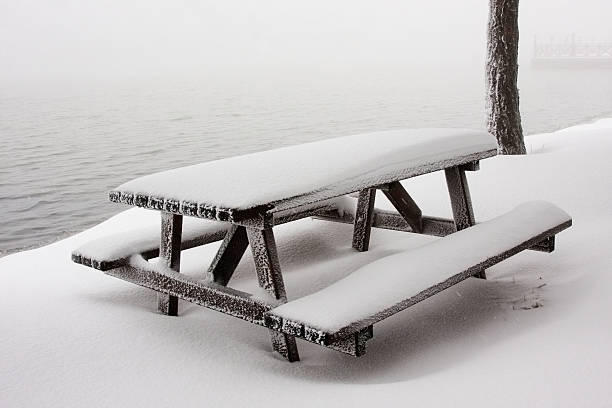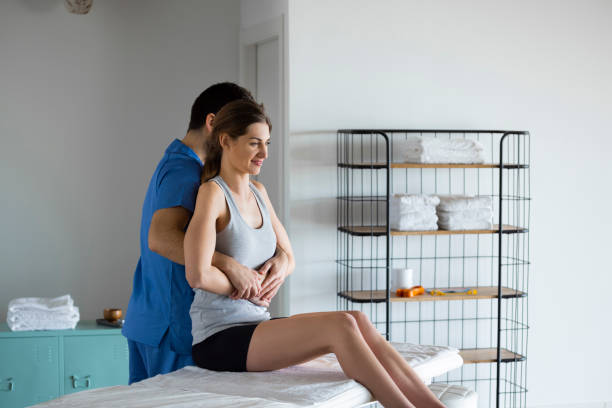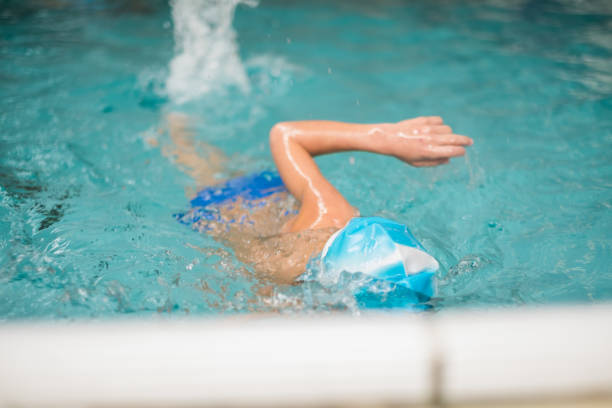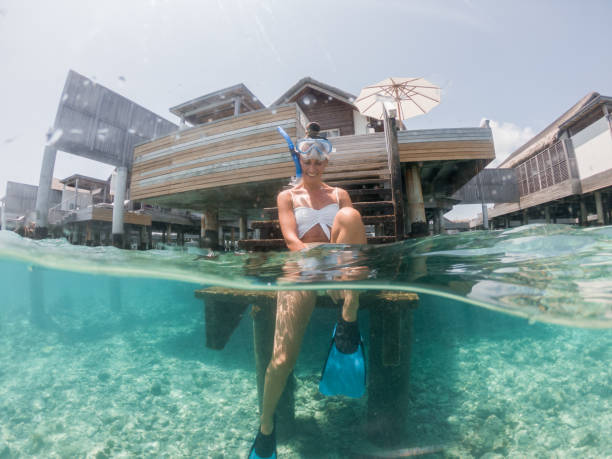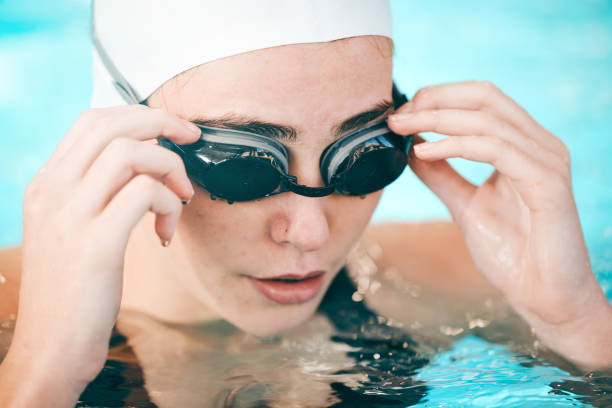The week before, I was preparing to deliver the speech. One of my coworkers and swimming friends, Julia, was perplexed when I mentioned anxiety about making public appearances. “But you are fearless,” she said, smirking in disbelief. I remarked that the reverse was my experience. I was terrified of many things, yet I took on them despite being scary – sometimes just simply because of the way they made me feel.
In September of this year, I sent an email to those who were interested in joining me for a winter-time swimming club. I planned to swim at least every week during my lunch break at the close Kings Cross Pond Club – an unheated natural but artificial pond in the center of London. I knew that to adjust to cold water, I needed to start swimming before the temperature dropped. There were a few questions regarding “Are wetsuits allowed?” A few showed interest but did not make their way to the water. In the last week of September, the winter swimming group was reduced to a dedicated but grueling group of regular swimmers and coworkers who met weekly.
At first, it was simple. It is my favorite season to swim. The sunsets and the swimming spots outdoors are beginning to lose appeal for all except the more experienced swimmers, leaving them tranquil and less crowded. The water, however, is relatively warm, and the air is cool. We enjoyed the chance to take a break from work, lay in the pond, and gaze at the sky, the sun, and the various building sites that make up most of this town.
The mild weather helped make it easier to transition from fall into winter, less grueling than it would be. Some of us lost our way when the water temperature dropped below 10 degrees Celsius. Every week we pondered whether the temperature of the water would fall, and sometimes felt confused when it fluctuated more up than down. Then, flasks, down jackets, and woolly hats appeared for post-swim recovery in the following few weeks.
The sauna was put in place, and winter was upon us.
Every Tuesday morning, I’ve experienced growing anxiety as our meeting date gets closer. Emails are flitting between us: “Who’s going today! ?” “Come on – I don’t want on my own!” We muster up an unstoppable mass of people, and those thinking about going elsewhere are coerced and convinced to go. When we leave the premises, we will attempt to determine the temperature wideterminethis week. The lowest we have so far has been 4.3C on the day the lifeguards were forced to spend the day smashing the frozen water.
Julia is married to an Icelandic Sh,e is the first to enter. She waln and begins swimming immediately, with a relaxed, smilinimmediatelybreaststroke. You’d think she’s relaxing in a warm bath. I’m usually last. I have no problem gaining entry; however, I must wait for a couple of m; minutes t,o catch my breath back before descending myth the surface for several painful lengths of front crawl. I stop at the end of each size to groan and clench my template to relieve the headache foam. Richard will be next. Richard is built to be an athlete, not a swimmer. He is sitting on the pond’s edge; he enters, and Swiftpond edgeless swims more than the distance many of us can manage and with a graceful front crawl. Hannah enjoys it but has trouble getting in. She gets her body submerged before getting out. She can walk around for a bit, scan back in, and swim. Nigel, whom I first met on an island that waWindermere before we were both employed in the same building, is enthusiastic and will often di, ve into the water if allowed.
After long cursing and cursing, we head to the sauna, where we relax, chat with fire,nds, smile and talk about our passion for the ocean, cold, and the great outdoors.
Many people ask me what I am doing: “Why would you want to swim for two minutes? Are you crazy?” I explained that I believed it was similar to bungee jt the first time I’d been). It’s two hours of anxiety and anxiety followed by adrenaline t lasts just a few seconds, followed by two hours of rest and a sensual feeling of well-being.

